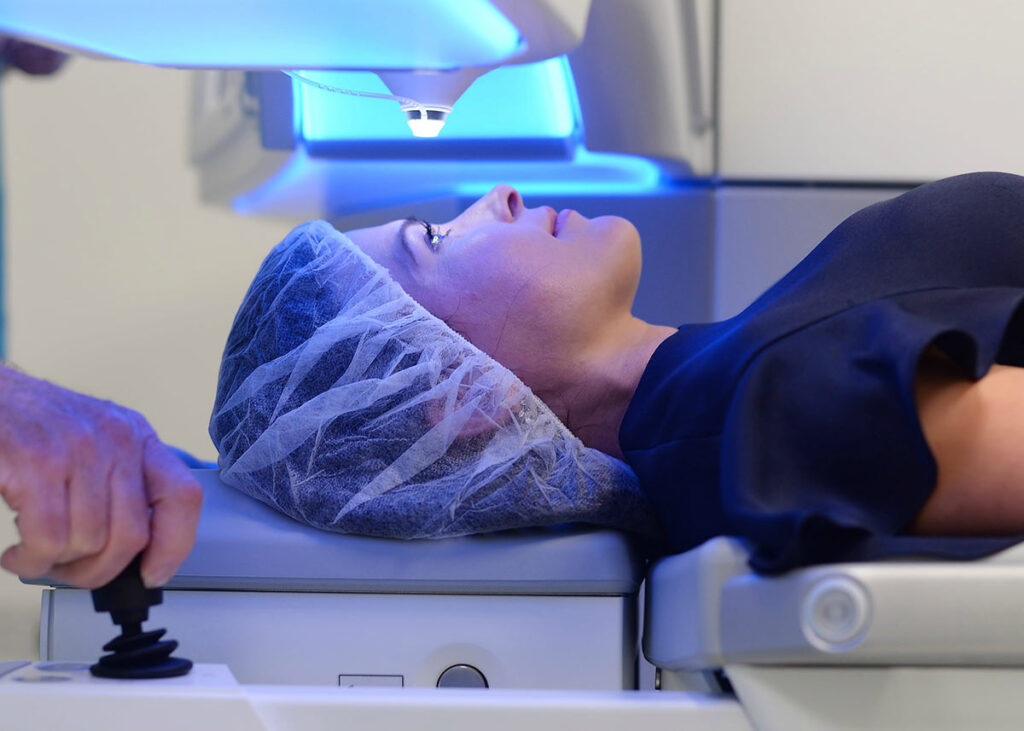Life After Laser Eye Surgery: Tips to Maintain Perfect Vision Long-Term
Introduction: Why Patient Experiences Matter in Laser Eye Surgery Laser eye surgery is more than a quick fix for poor vision — it’s a life-changing journey. Many patients describe it as regaining freedom: no more glasses fogging up, no more fiddling with contact lenses, and waking up to clear vision. But while the procedure itself […]
Life After Laser Eye Surgery: Tips to Maintain Perfect Vision Long-Term Read More »

